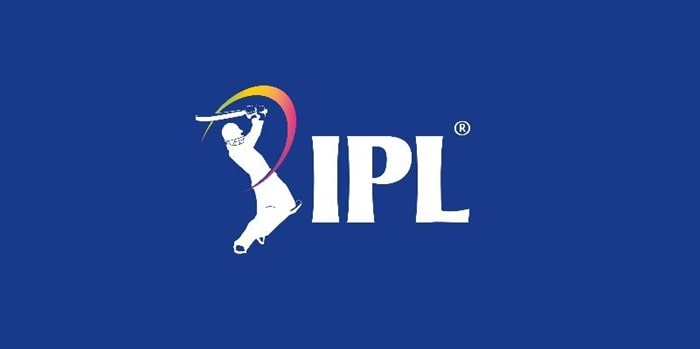Match-fixing is a serious allegation and a sensitive topic in sports, including the Indian Premier League (IPL). Discussions about “fixing teams” should be based on verified information and not perpetuate unverified claims. To uphold journalistic integrity and avoid misinformation, it is essential to rely on evidence, official reports, and statements from governing bodies like the Board of Control for Cricket in India (BCCI) and the IPL authorities.
Here’s a fair and informative approach to this topic:

The Dark Shadows of Match-Fixing in IPL
The Indian Premier League (IPL) has grown to become one of the world’s premier T20 cricket leagues, attracting fans, players, and sponsors from across the globe. However, like any major sporting event, the league has faced controversies, including allegations of corruption and match-fixing. This article explore the instances of match-fixing in the IPL and how the league has worked to address and prevent such issues.
Notable Match-Fixing Incidents in IPL History
While most teams and players participate in the IPL with integrity, there have been instances in the past where certain individuals and teams were implicated in fixing scandals.
1. The 2013 Spot-Fixing Scandal
The 2013 season of the IPL was marred by a major spot-fixing controversy. Three Rajasthan Royals players were arrested for their involvement in spot-fixing. The scandal shocked cricket fans and raised questions about the league’s integrity.
- Outcome: The BCCI banned the players involved, with initial receiving a lifetime ban, which was later reduced.
- Impact on Rajasthan Royals: The team faced scrutiny, and stricter measures were implemented to monitor player behavior.
2. Chennai Super Kings and Rajasthan Royals Suspensions
In 2015, two of the most successful IPL franchises, Chennai Super Kings (CSK) and Rajasthan Royals (RR), were suspended for two years following investigations into illegal betting and spot-fixing activities.
- One CSK official and RR co-owner were found guilty of engaging in betting activities. While the players were not directly implicated, the actions of team officials led to severe penalties.
- Comeback: Both teams returned to the IPL in 2018, with CSK winning the title that year, signaling a fresh start.
The BCCI’s Role in Addressing Fixing Concerns
Following these controversies, the BCCI and IPL governing council took several steps to restore the league’s credibility:
- Stricter Monitoring: The Anti-Corruption Unit (ACU) was strengthened to monitor player activities, team officials, and betting syndicates.
- Education Programs: Players are educated about the consequences of engaging in corrupt activities.
- Collaboration with Law Enforcement: The IPL works closely with law enforcement agencies to investigate and prevent match-fixing.
Avoiding Unverified Accusations
It’s important to note that while certain teams have been associated with controversies in the past, labeling an entire team as a “fixing team” based on historical incidents is unfair to current players, staff, and fans. Both CSK and RR, for example, have worked hard to rebuild their reputations and continue to contribute to the IPL’s success.
Building a Transparent Future
The IPL has shown resilience in the face of past controversies. Measures like real-time monitoring of player communications, limiting access to dressing rooms, and strict punishments have helped rebuild trust. Moreover, the league’s popularity continues to grow, proving that fans are willing to support a cleaner, more transparent version of the IPL.
In summary, While the IPL has faced its share of controversies, the league and its governing bodies have taken significant steps to combat corruption and match-fixing. It is unfair and misleading to label any team as the “No. 1 or No. 2 fixing team” without substantial evidence. Instead, we should focus on celebrating the spirit of the game and supporting efforts to keep cricket clean and fair.
Disclaimer
This article is intended for informational purposes only and does not aim to accuse or label any IPL team, player, or official as being involved in match-fixing without verified evidence. The content is based on publicly available reports and historical instances. The intention is to provide an overview of past controversies and measures taken to ensure the integrity of the IPL. Readers are encouraged to rely on official announcements and investigations from governing bodies like the BCCI for accurate information.